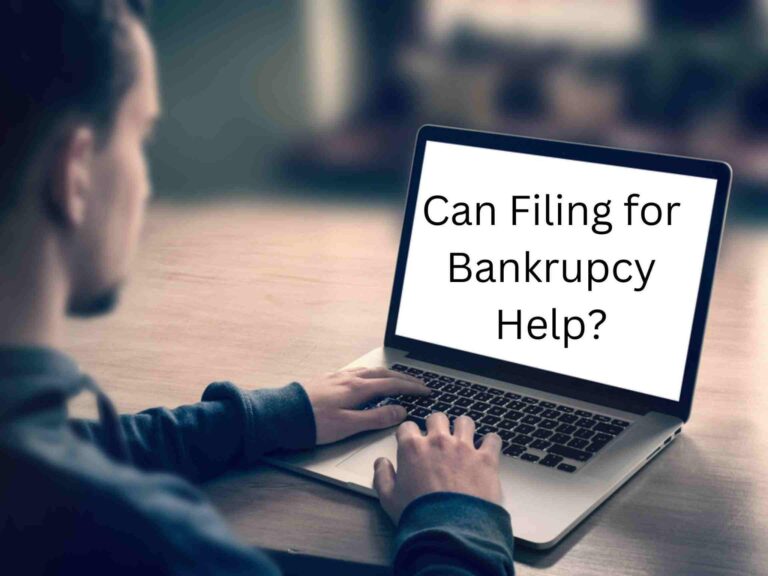LL Flooring, formerly known as Lumber Liquidators, has filed for Chapter 11 bankruptcy and announced the closure of 94 stores across more than 30 states, including Texas. According to filings made in Delaware bankruptcy court on Sunday, the company is grappling with nearly $110 million in long-term … [Read more...]
Do I Need My Co-Parent’s Permission to Travel Abroad With My Child? | Warren & Migliaccio
Are you planning an exciting vacation abroad with your child? Do you need permission from your co-parent? There are many ins and outs regarding international travel with children. As parents, we worry about many things, from ensuring all luggage arrives to what if my child gets sick and needs to see … [Read more...]
Breastfeeding and Shared Custody in Texas Divorce and Custody Cases | Warren & Migliaccio
Nearing the end of a relationship brings a lot of feelings and changes. When kids are involved, the ending of a partnership can bring about extensive challenges, necessitating custody arrangements, timetables, and the evolution of routines. At the same time, emotions can feel practically cluttered … [Read more...]
Understanding Common Debt Resolution and Bankruptcy Terminology
If you’re in financial trouble and seeking information on resolving your debts, you’ll likely run into quite a few terms that may be unfamiliar to you. Some of these terms can seem very similar to each other and one may get confused as to what they actually mean. A Few Common Debt Resolution and … [Read more...]
The Ultimate Guide to Bankruptcy in Texas
If debt is overwhelming you and you are looking for a debt relief solution, filing bankruptcy might be right for you. Bankruptcy gives you a fresh financial start and allows you to resolve your debt in an efficient manner. The bankruptcy attorneys at Warren & Migliaccio can help guide you … [Read more...]
Can I Keep My Paid Off Car in Chapter 7?
"Ever since I lost my business during the pandemic, I’ve feared going down the road to bankruptcy. Of all the things I worried about, the one that kept troubling me most was a creditor coming for my car," Dale told his friend Ernie. “I get it, there’s something about a man’s car that makes it more … [Read more...]
12 Non-Dischargeable Debts in Bankruptcy You Need to Know
As a bankruptcy attorney here in Dallas, I often get emails like the one I got from Dennis with a subject line: "Can Filing for Bankruptcy Help?" Dennis's Story Dennis and his wife had lived comfortably for many years until a medical emergency wiped out their savings. Then a downturn in the … [Read more...]
How Discharged Debts in Bankruptcy Appear on Your Credit Report
By Christopher Migliaccio, Attorney and Co-Founder of Warren & Migliaccio, L.L.P. Navigating the aftermath of bankruptcy can be daunting. Understanding how discharged debts appear on your credit report is crucial for your financial future. In this blog, I will explain the key aspects of how … [Read more...]
Bankruptcy: Does Declaring This Discharge Credit Card Debt in Texas?
For consumers who are looking for debt relief, filing for bankruptcy could be the best way to discharge credit card debt and start over with a clean slate. When considering filing for bankruptcy, consumers should decide which type to file based on their specific situation. This article looks at the … [Read more...]
3 ways your credit card debt can be forgiven | Warren & Migliaccio
If you're feeling overwhelmed by expensive credit card debt, there are a few different debt forgiveness options to pursue. Credit card debt can be a significant financial burden, but it's one that many Americans are carrying. Not only does the average cardholder have nearly $8,000 in credit card … [Read more...]
- « Previous Page
- 1
- 2
- 3
- 4
- 5
- …
- 13
- Next Page »










